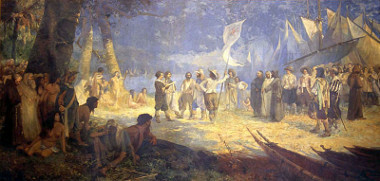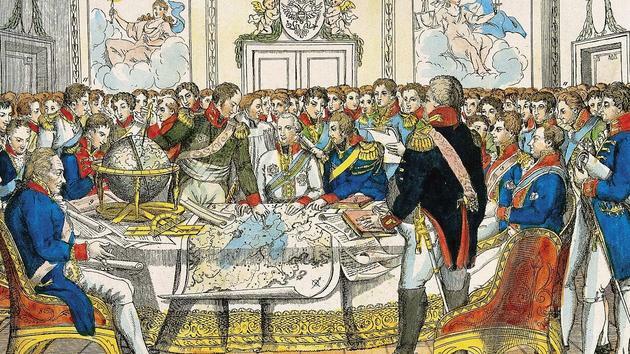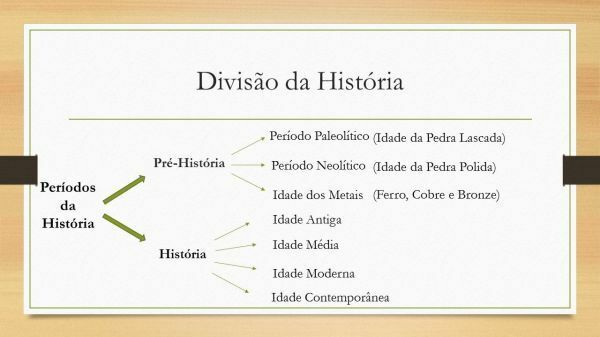The so-called colonization period of Brazil was related to the time when the Portuguese maintained economic and administrative control of their territories in America, between 1500 and 1822. In this sense, there were some phases of colonization in Brazil that are usually indicated as three.
The phases of colonization were established by historians to present common characteristics of each period. But there is no chronological uniformity, as you will see below.

Antônio Parreiras (1860-1937) painted the canvas The conquest of the Amazon to illustrate the arrival of the Portuguese to the north of the colony
Precolonial Period (1500-1549)
The first period is the Pre-colonial, which extended from the arrival of Cabral to the American lands, in 1500, until the formation of the first General Government, in 1549. This period was marked mainly by the exploration of the Brazilian coast through the extraction of products that were sold on the European market, the most famous of which was pau-brasil.
During this period, there was no greater interest in populating the colonial territory, but only building fortifications and avoiding the presence of non-Portuguese people on the coast, especially the French. A first attempt at colonial administration was attempted with the creation of Hereditary Captaincies, from 1530 onwards. However, the Captaincy system proved to be inefficient, which led to the formation of the General Governments, starting the subsequent period.

Engraving by Johan Baptist von Spix (1781-1826) in which blacks are portrayed in the exploration of diamonds
Colonial Period (1549 - late 18th century)
The Colonial Period was marked by the formation of the first General Government in the Portuguese colony in America, with the arrival of Tomé de Sousa in Bahia, and the formation of the first capital of the colony, the city of São Salvador.
It was during the Colonial Period that the Brazilian colony allowed the Portuguese its greatest profits. The main moments of colonial exploitation are found in this period, with the sugar cycles and the gold cycle.
In the colonial period, the first cities in Brazil were developed and the formation of the population began. The borders expanded beyond the Treaty of Tordesillas, colonizing the Brazilian hinterland, the Amazon and the south of the colony.
In addition to sugar and gold, there was the exploitation of other products, such as drugs from the sertão and cotton. Slavery also developed during this period, becoming the main pillar supporting the colonial enterprise.
A Brazilian Family, by Henry Chamberlain (1796-1844), highlighting one of the aspects of the formation of Brazilian society
Colonia System Crisis (late 18th century-1822)
A series of factors marked this third period. The so-called Colonial System Crisis encompasses these factors: the crisis of absolutism, known as the Ancien Régime, and the strengthening of the principles of liberalism; the growth of manufactures and the beginning of the industrialization process, diminishing the importance of mercantilism; the outbreak of US independence and the French Revolution.
Specifically in the relationship between Portugal and Brazil, these factors manifested themselves with the Pombaline Reforms, which took place from 1750 onwards, altering some aspects of the colonial administration. There was also the appearance of rebellious movements against the administration of the Metropolis, whose best-known case was the Inconfidência Mineira.
Finally, the arrival of the Royal Family in 1808 would permanently alter the relationship between Metropolis and Colony, resulting in the independence of Brazil, in 1822.
By Me. Tales Pinto



